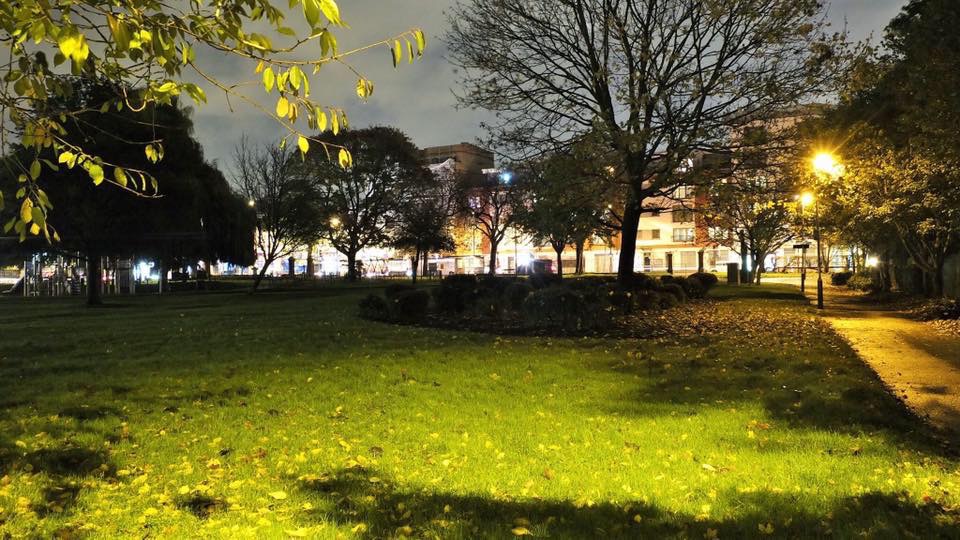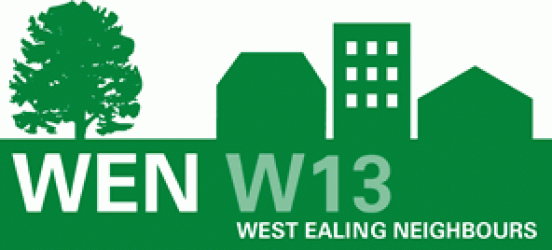300 Lambast NHS at Public ‘Save our Hospitals’ Debate
300 people packed Victoria Hall at Ealing Town Hall last night (26 September 2012) and vented their fury at NHS plans to decimate healthcare services at Ealing Hospital and throughout the north west London region.
Residents, Councillors, NHS staff, trades unionists and MPs were massively critical about the contents of the plans and the inadequacy of the public consultation. It appears that the risk assessment and the equality impact assessment are both flawed and incomplete.
Emerging from the fog of rhetoric from NHS bosses it is now crystal clear that the NHS wants to re-purpose Ealing Hospital as (what we all view as) just a clinic. No more babies would ever be born at Ealing Hospital – truly ironic now as Ealing Hospital Maternity Unit is the best performing one in the whole region. The sick, wounded and dying will be turned away from its doors for treatment. Nine of the 11 major types of healthcare services will be axed at the hospital.
Money versus Lives
A massive consensus emerged quickly amongst the audience that whatever the NHS bosses said to the contrary, the proposed cuts were about cutting £1 billion from the region’s NHS healthcare costs by 2015. 5,600 people will lose their jobs and there will be fewer hospital beds available.To dress up what might well be good intentioned aspirations as ‘proposals to improve your local NHS services’ was viewed with much cynicism by the meeting attendees.
Ealing Hospital is Southall Hospital
Ealing Hospital is in so many ways Southall Hospital. Southall residents and Ealing Hospital staff over and over again voiced their horror at the planned destruction of their hospital. Southall has the highest rates of diabetes, tuberculosis and coronary disease in Ealing. Of all hospitals in the region, Ealing Hospital is the one most used by its immediately local residents. A Cardiologist at Ealing and Hammersmith Hospitals claimed that the serious healthcare problems in Southall had existed for 20 years but had never been addressed. He said that he and many, many of his medical consultant colleagues believed that the plans are unworkable. A lady spoke who had worked at Ealing Hospital Accident and Emergency for 25 years. She was concerned about Southall’s hidden population ie illegal immigrants. If Ealing Hospital effectively or actually closes down just how and where will the thousands of hidden (‘beds in sheds?’) population receive treatment she asked.
A Southall Councillor claimed that 10,000s of Southall residents without internet access and/or English language skills were being excluded from this public consultation. He asked for many more translations of the 80 pages proposals and the 15 page response form. Southall Library was supplied with just 50 copies of the consultation and response form documents. This was clearly totally inadequate for the 70,000 who live in Southall. He requested a three month extension to the consultation period. An NHS boss declined his request.
‘Out of Hospital’ Strategy Flawed
Three of the eight (yes eight) proposed ‘care settings’ is what many might call community healthcare. This is called ‘out of hospital’ by the NHS and comprises (in NHS jargon) GP practices, a care network (whatever that might be) and health centres. Many residents and NHS staff voiced very real concerns about why there were no details at all about how and where this community ‘out of hospital’ care would take place and the resourcing and facilities needed to provide this care..
A resident had viewed an NHS NW London risk assessment document incompetently left on a desk after a meeting. To her horror she read:
‘Out of hospital strategy – CODE RED
What are we going to do about it? – a blank space was the response ’
Travelling
The NHS said that their research states that average journey time from patient pick up to delivery to a hospital in London(or Ealing perhaps?) by ambulance with blue lights flashing was 11.4 minutes. The maximum journey time was 30 minutes. These figures were met by howls of derision. No figures were provided as to the average waiting time for an ambulances in Ealing or the projected waiting times for an ambulance should Ealing A&E close down. A Hanwell Councillor made the point that many of us drive our sick loved ones to Ealing Hospital, and with no flashing blue light travel times to Ealing, Hillingdon, Northwick Park or West Middlesex Hospitals would be much longer. He asked NHS bosses what percentage of Ealing Hospital A&E admissions were delivered by car/taxi? No answer was forthcoming. A lady weighed in with the fact that you need to use three different bus services to get from Southall to Northwick Park Hospital.
Many made the point that healthcare travellers are not just patients but family and friends. Research showed that regular attendance by loved ones at hospital bedsides speeds up the process of recovery from illness and injury.
Untested Strategy
A resident of Harrow pointed out that the proposed radical restructuring of healthcare provisioning in our region has not been attempted anywhere else in England. The NHS has admitted that there is no evidence at all that this strategy could or will work.
The Silence of Ealing GPs
No-one in the audience had any evidence that Ealing GPs supported the proposed changes. This is ironic as in April 2013 Ealing GPs (in the nascent NHS Ealing Clinical Commissioning Group – ECCG) will take over from the NHS Ealing PCT and run Ealing NHS healthcare. A GP actually questioned why Ealing GPs had not been asked their opinions on the proposals by the ECCG. As the ECCG Chair was absent no answer was forthcoming.
NHS – Are You Listening?
40,000 people have signed petitions opposing the cuts.
On 15 September 2012, 1,000s marched through Ealing Town centre and even more rallied on Ealing Common to show and voice their opposition.
All the region’s MPs, Councillors, Councils, Trades Unions and many, many residents’ and community groups have voiced their opposition to the proposed cuts.
Notable Absentees
Billed to appear as a speaker was Dr Mohini Parmar, Chair Ealing Clinical Commissioning Group (ECCG). This NHS GP Commissioning Group will replace NHS Ealing PCT and run NHS healthcare in Ealing in just seven month’s time. But, she was nowhere to be seen.
The local MP Angie Bray was also absent. A speaker from the floor suggested that if Ms Bray was truly serious about resisting the proposed cuts (which the speaker fervently believed emanated from the Tory lead Government’s plans to save £20 billion annual NHS costs) she should resign if the cuts went ahead.
Given that the meeting was one the largest (perhaps the largest) public debates on the restructuring of healthcare for a generation, across 100 square miles and applicable to two million people in London, London Mayor Boris Johnson should have attended the meeting. Many asked why Mr Johnson is so quiet on this life and death issue of healthcare in the capital.
Ealing Council Independent Review of NHS Plans
Ealing Council has commissioned a former NHS Chief Executive Tim Rideout to carry out an urgent, independent review of the NHS NW London plans. Ealing Council announced last night that Mr Rideout’s view is that the plans are not robust and are therefore unsafe and open to challenge. A draft of the review exists now but the final version will be placed in the public domain by 5 October 2012.
Has the NHS Got It Right?
Numbers and percentages were thrown around like confetti both by NHS bosses and by those opposing the changes. Clearly the numbers (beds, nurses, clinicians, costs, admissions, travel times etc) are very important. But the overwhelmingly the feeling I had as I left the meeting was that we were all being asked to take part in a huge, unprecedented, human experiment – and none of were confident that it was all worth the risk.
Eric Leach
Hanwell resident

